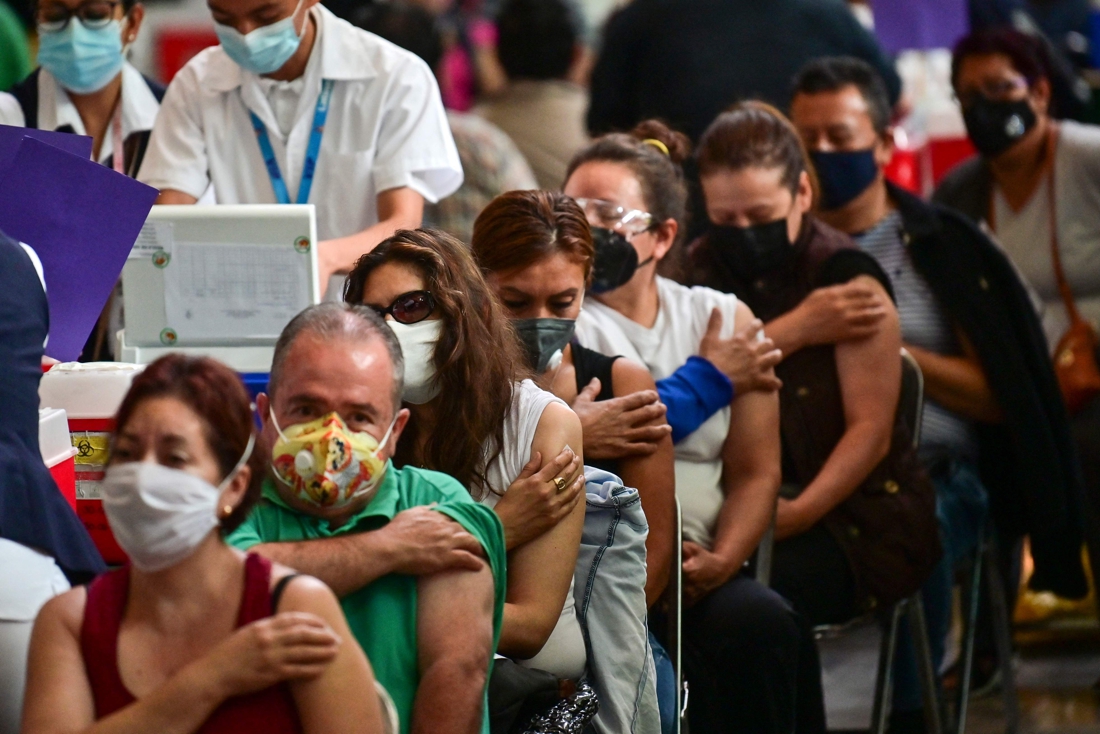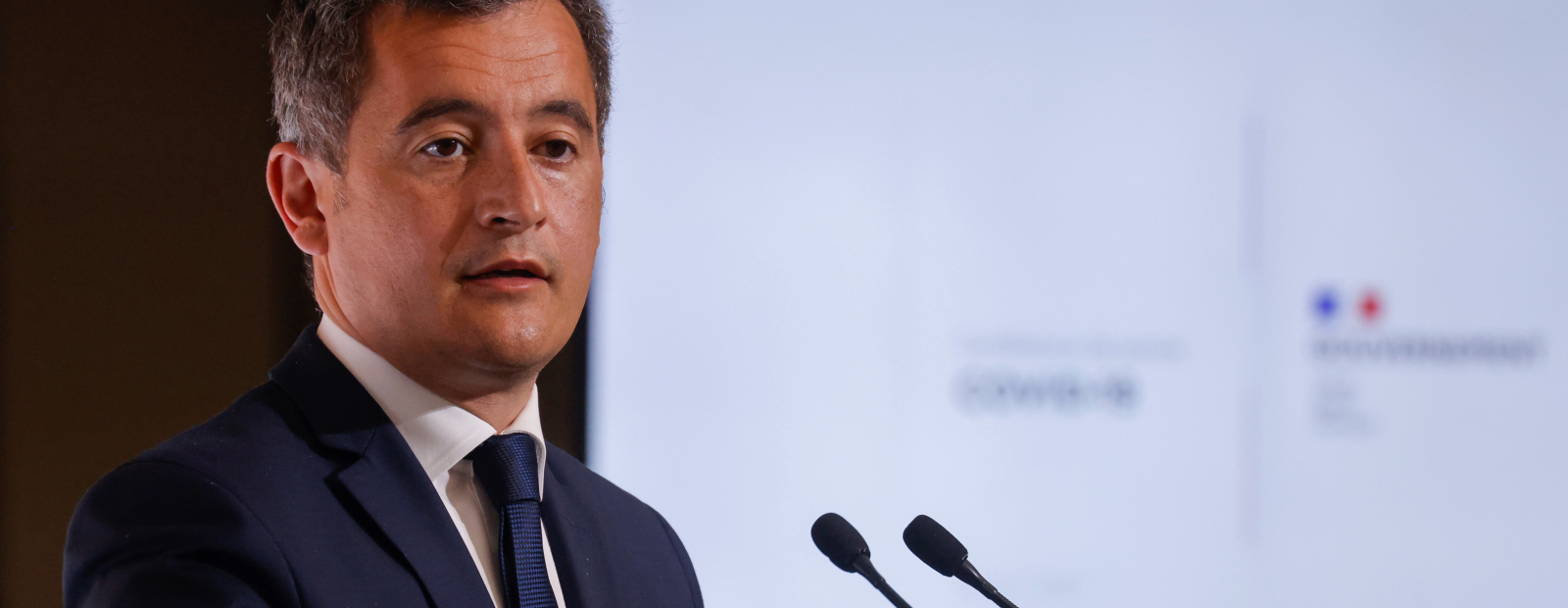© AFP
–
International researchers are devastating how the world has dealt with the corona pandemic. Bad choices and a lack of coordination have plunged the world into a pandemic that “could have been prevented.”
–
Source: Nature
Yesterday at 2:20 PM-
The World Health Organization (WHO) has not responded quickly enough. This is evident from the report drawn up by independent international researchers. Member States had requested that report from WHO last year.
The report says WHO has been too cautious about communicating the risks of Covid-19 early last year. Had they reacted more boldly and countries had listened to their guidelines, the pandemic could have been prevented. According to the report, by February 2020 the heavy toll of the pandemic could have been avoided if countries had acted quickly to prevent the virus from spreading. The WHO should have sounded the highest alarm sooner last year. They did that on January 30th. That should have been at least a week earlier, the report says. “It was clear that February 2020 was a lost month”, it sounds.
Some Asian countries quickly took action in February to limit the spread of the virus. “But the rest of the world was silent”, it sounds. The experts point out that, for example, the WHO should have recommended wearing mouth masks more quickly. That even when it became clear that in countries where a mouth mask was worn, things were better than in those where it was not. “Maybe they should have said they didn’t have the data yet, but it could have been a precaution.”
The report also indicates that governments might have taken the dangers of SARS-CoV-2 more seriously had the WHO more quickly labeled the epidemic a pandemic.
New body
It has long been feared that the WHO has little impact. This is because they cannot enforce legal measures and request information. They are also chronically underfunded and dependent on donations. So it is suggested to do something about it.
That is why it is also proposed to establish a separate body for global health threats (Global Health Threats Council). That would be chaired by heads of state. But that would require a lot of lobbying at the United Nations.
To end the Covid-19 pandemic as soon as possible, the Independent Pandemic Preparedness and Response Panel also recommends that wealthy countries with adequate vaccine availability commit to “providing at least one billion doses by September 2021. ”To 92 disadvantaged countries.
(sgg)
— .


